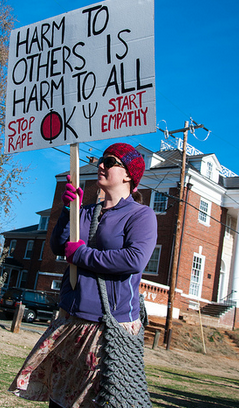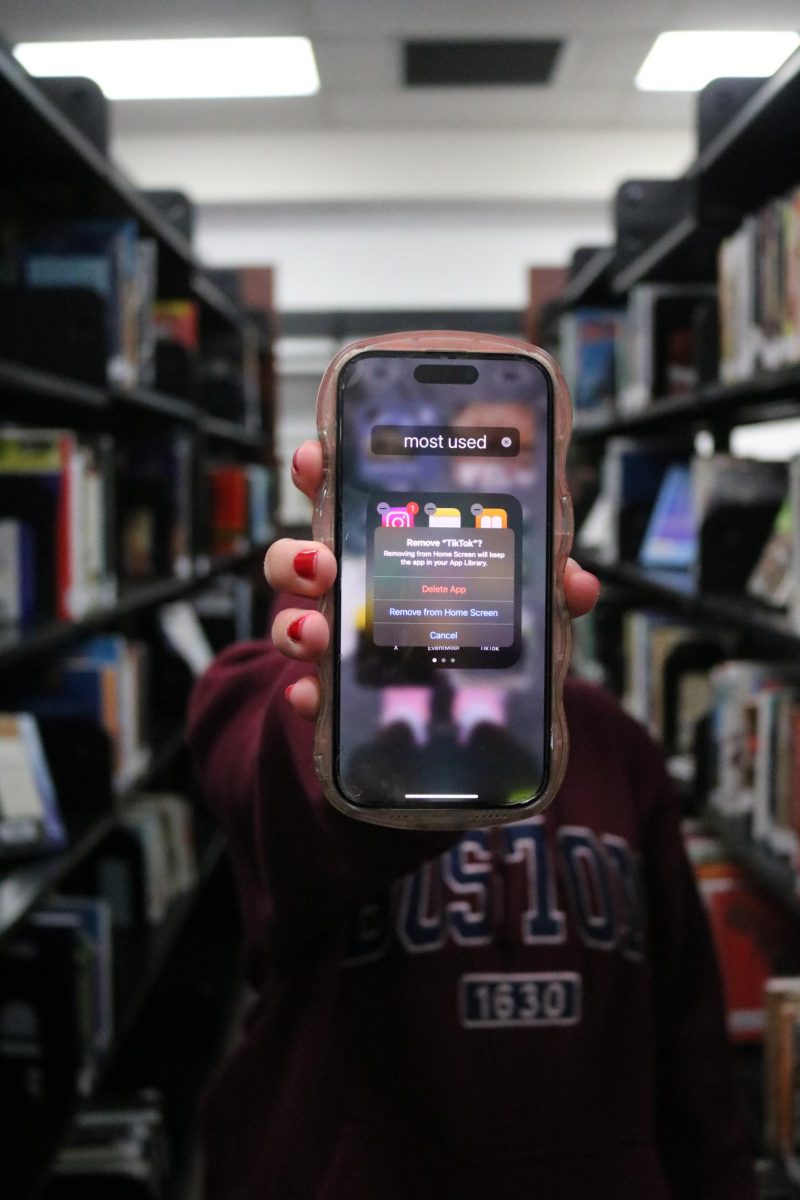
Every 21 hours, there is another rape on an American college campus, according to Crisis Connection, a nonprofit agency that provides 24-hour crisis counseling by telephone.
Many may inquire about what the true definition of ‘rape” is. Its definition varies from state-to-state within the U.S. and by country internationally, but a general and broad definition of rape is forceful sexual behavior with the offender against their will.
Although rape is not only an issue on college campuses, Crisis Connection offered that 34 percent of completed rapes and 45 percent of attempted rapes take place on campus, so this problem has become focused on college students.
“A lot of times I see really nice girls who are drunk and are being taken into a room by a guy, and I don’t think that’s right,” said University of Illinois freshman and former student at Libertyville High School, Danny Trinkleback.
With almost 100 percent of the students who graduate from Libertyville High School attending college, this topic is a prevalent yet very uncomfortable one.
“Every time I visit a campus, I ask about their safety precautions,” said senior Becca Lothspeich.
Most rape victims do not feel comfortable speaking about their attack and only 11 percent of college women who experience rape report it to the police, according to One In Four, a nonprofit organization dedicated to the prevention of rape. Most women tend to feel embarrassed speaking about the incident or even feel like they are to be blamed for what happened. Many organizations are working to help women feel comfortable about reporting their attack, but it continues to be an ongoing struggle.
This issue has been recently represented in the scandal involving Rolling Stone magazine, when the publication released a story about a rape victim at the University of Virginia. After the release of the article, many students at the school and students mentioned in the article questioned the accuracy of the details in the story, eventually leading to the conclusion that not all of the details in the story were true.
UVA president Teresa Sullivan suspended all campus fraternities, sororities, and Greek organizations, showing that the administration does not take these allegations lightly. Although the story wasn’t completely accurate, this event has stirred up talk about rape around the country, which is a good thing in terms of increasing the safety for college students.
“It’s one of my biggest nightmares. That’s something I’m really scared about for college,” said Lothspeich.
90 percent of all campus rapes occur under the influence of alcohol, according to Crisis Connection. This statistic goes to show how powerless women become when they are under the influence and should influence college students to make good decisions and use their best judgement.
“Most often I see girls getting too drunk and guys taking advantage of them. There’s posters around my school and many others that say ‘If the girl is drunk, then it’s rape,’” said Trinkleback.
Unfortunately, rape numbers are going up but so are the numbers of potential victims who are aware of this issue. Students who are attending college next year and in years to come should be cautious and follow these basic guidelines: watch your drinks, trust your gut, and stick with your friends.






